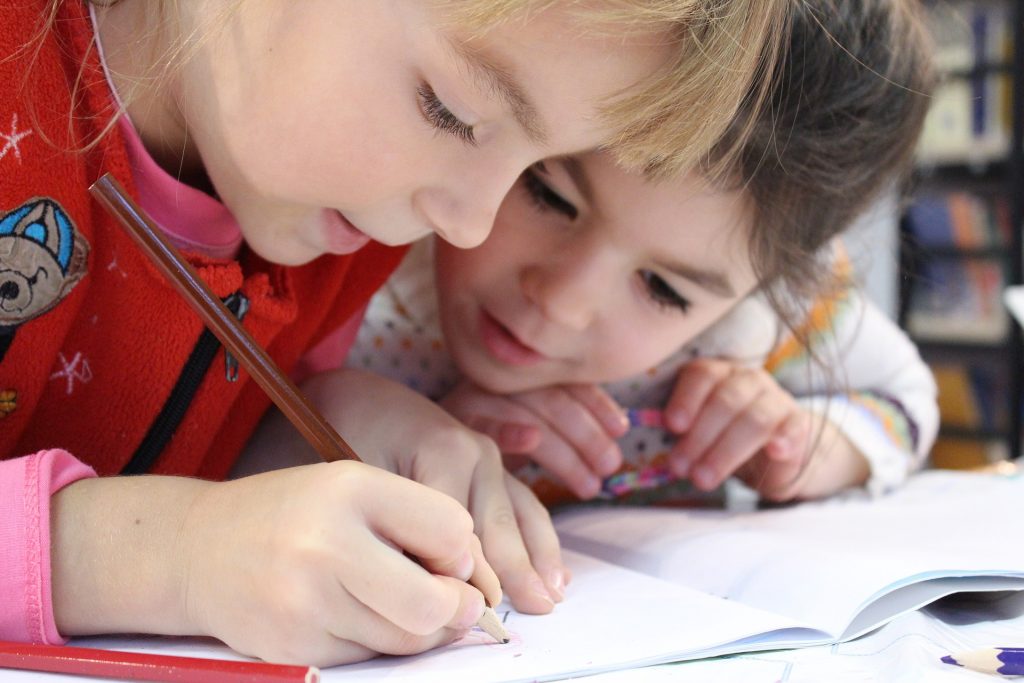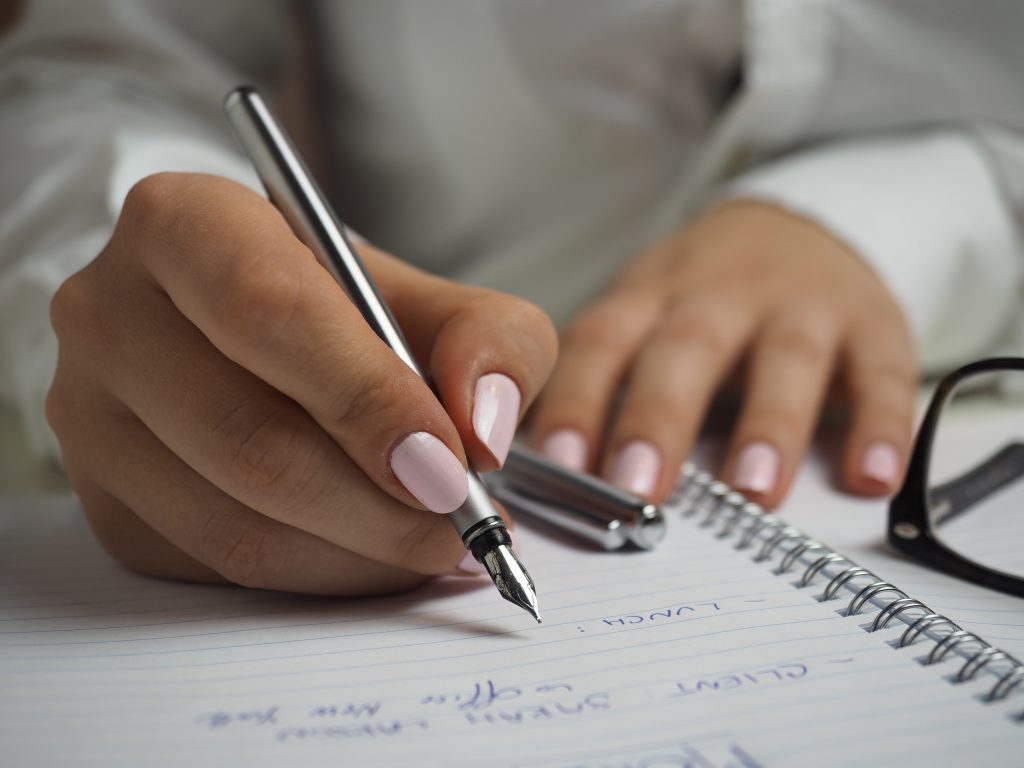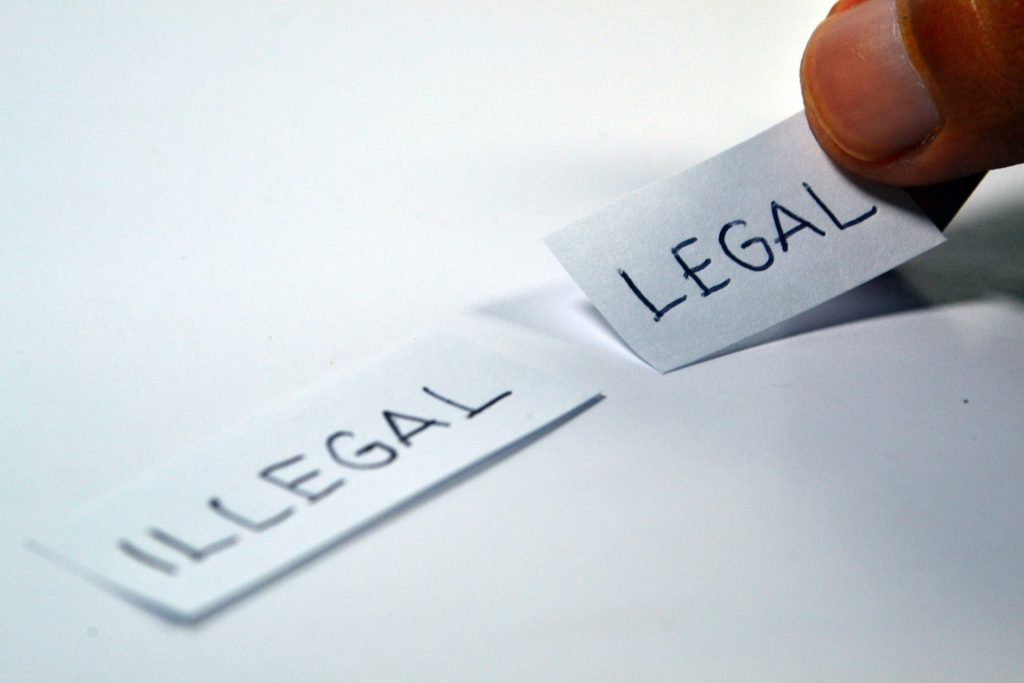The UK has the Equality Act and the Human Rights Act, but it is also party to the Convention on the Elimination of All Forms of Discrimination Against Women, known commonly as “CEDAW”. This is an international human rights treaty which requires states to protect and promote the rights of women and girls.
CEDAW was adopted by the UN General Assembly in 1979, and since then 189 states in the world have signed up to it, including the UK.
What kind of human rights protections does CEDAW contain?

The protections contained in CEDAW are wide-ranging. It deals with different categories of women’s rights, including rights in public and political life, rights in marriage and family life, and rights to education, employment and health.
CEDAW states that women should be able to enjoy all of these rights without discrimination, and discrimination is defined very broadly: essentially anything which has either the purpose or the effect of treating women differently. States are required not to discriminate themselves, but also to take measures to prevent others from discriminating against women.
Importantly, CEDAW also goes even further. It places a positive obligation on states to bring about changes in cultural norms and practices which are “based on the idea of the inferiority or the superiority of either of the sexes”. It effectively demands states to change their social fabric to bring about gender equality.
What does all of this mean in practice?

Put simply, when the UK signs an international treaty like CEDAW, we become obliged to other states to comply with it, but there is no direct obligation to individuals within the UK unless the treaty provisions are incorporated into domestic law.
However, the UK is held accountable for compliance with CEDAW in two important ways by the CEDAW Committee, a committee of 23 independent experts specialised in women’s rights issues.
First of all, states which are parties to CEDAW must report to the Committee every 4 years about how well they are complying. NGOs are also able to participate in this process by submitting shadow reports which give the Committee a more complete picture of the situation. The Committee then gives its comments and recommendations to the state in a statement known as the concluding observations.
Secondly, states like the UK that have signed up to the Optional Protocol to CEDAW (a kind of extension to the treaty) do allow individuals to submit complaints directly to the Committee about violations of their rights. The Committee may also investigate serious or systematic violations of women’s rights in these states. In both cases, the Committee produces a report (known as decisions/views) setting out its conclusions and making recommendations.
How do these procedures hold the UK accountable?

While the concluding observations and decisions/views are not legally binding, they can nevertheless exert a soft pressure on member states by shining an international spotlight on problematic areas of government policy and practice.
For example, in its concluding observations on the UK, in 2013 the Committee raised concerns about the criminalisation of abortion in Northern Ireland, and women’s ability to access justice effectively following legal aid cuts. It asked the UK to report back on these within one and two years respectively; our responses can be found here and here.
However, there is room for much greater engagement with CEDAW in the UK. In the past, this country has been accused of being indifferent towards the treaty. Women’s rights organisations and the Equality and Human Rights Commission have also advocated for a greater use of the individual complaints and inquiry procedure brought in by the Optional Protocol. For a very informative, practical guide on how to use these procedures, see here.
CEDAW cannot singlehandedly bring about gender equality, but it is certainly an important weapon in the arsenal of any budding women’s rights’ defender.







